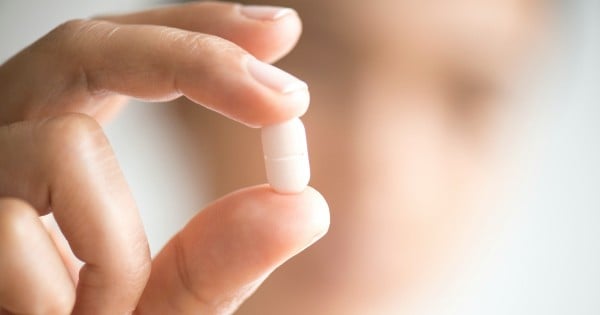
By Christopher Davey, University of Melbourne.
The treatment of depression too often means treatment with antidepressants. Australia has one of the highest rates of antidepressant use in the world. This continues to increase despite mounting evidence they are not especially effective.
My colleague Andrew Chanen and I have just published an article that describes the apparent falling effectiveness of the medications. We argue that doctors have become too reliant on them. When medications are used to treat depression they should be part of an overall treatment plan and shouldn’t be the treatment plan.
The falling effectiveness of antidepressants.
Why are antidepressants becoming less effective? Partly because we haven’t always had all of the data. The clinical sciences have a problem with negative trial results – trials where the experimental treatments don’t appear to work. They are seen as uninteresting, and as undesirable by drug companies, and have often gone unpublished.
Drug trials are, however, regulated and require registration with authorities before they begin. So, over the past decade, researchers have tracked them down. Once they have found the registered-but-unpublished trials, they have included the data in their overall assessment of the medications’ effectiveness. Unsurprisingly, the result has been that the recorded effectiveness of the medications has fallen.
Could LSD help find a cure for depression? The Mamamia Outloud team discusses. (Post continues after video.)





























































































